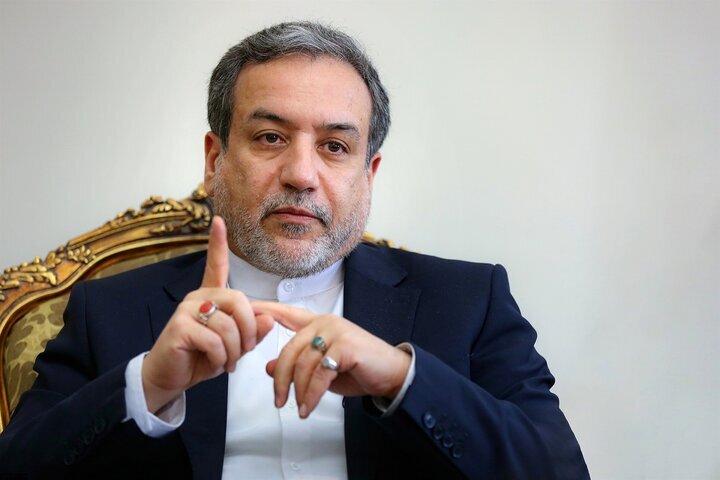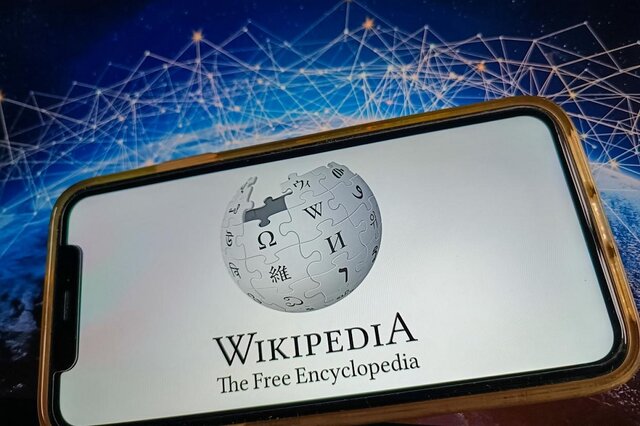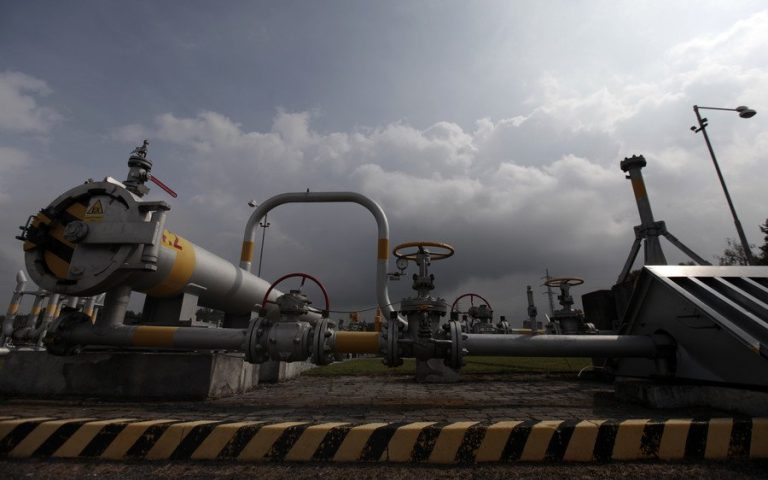
Title: Iraqi Diplomat: “Diplomacy Never Fully Closes” – Talks Possible, But Not Imminent
Diplomatic Channels Remain Open, But Trust Must Be Rebuilt
In an exclusive interview with CBS, Iran’s Deputy Foreign Minister Seyed Abbas Araghchi emphasized that while diplomacy remains a viable path, immediate negotiations with the U.S. are unlikely due to recent hostilities and unresolved tensions.
U.S. Threats and International Law
When questioned about former U.S. President Trump’s threats to bomb Iranian nuclear facilities if uranium enrichment resumed, Araghchi condemned such rhetoric as a blatant violation of international law.
“Attacking nuclear facilities—anywhere—is a gross breach of international norms. The U.S. actions were unlawful, and it is astonishing that Western nations, who claim to champion international law, refuse to acknowledge this,” he stated.
Araghchi reaffirmed Iran’s right to self-defense, citing the country’s resilience during the recent 12-day conflict. “We have proven our capability to defend ourselves and will continue to do so under any circumstances.”
Nuclear Program: Peaceful Intentions, Unfounded Fears
Addressing Israel’s long-standing accusations about Iran’s nuclear ambitions, Araghchi dismissed the claims as baseless. “Our nuclear program has always been peaceful, designed for energy, medical, and agricultural needs. The world recognized this under the JCPOA, which was a strong agreement until the U.S. abandoned it.”
He attributed Israel’s hostility to Iran’s unwavering support for Palestinian rights, stating, “Israel’s regime is founded on occupation, and we reject its legitimacy. But our nuclear policy is unrelated—it is transparent and lawful.”
No Interest in Nuclear Weapons
When pressed on whether Iran might pursue nuclear deterrence given recent attacks, Araghchi firmly rejected the idea.
“Nuclear weapons contradict our religious and ethical principles. We see them as inhumane and un-Islamic. Moreover, they would make us more vulnerable, not secure.”
He noted internal debates on the matter but stressed that Iran’s official stance, guided by Supreme Leader Ayatollah Khamenei’s fatwa, remains opposed to such weapons.
Diplomatic Betrayal and Future Talks
Araghchi expressed deep skepticism about reengaging with the U.S., citing its withdrawal from negotiations and subsequent military strikes.
“We were negotiating in good faith, but the U.S. betrayed diplomacy itself. If talks resume, we need guarantees against another abrupt shift to military action.”
While he did not rule out future dialogue, Araghchi emphasized that current public sentiment—fueled by grief over war casualties and anger at U.S. and Israeli actions—makes immediate negotiations impractical.
“The door to diplomacy is never fully closed,” he concluded, “but trust must be rebuilt before any meaningful progress can occur.”
Key Takeaway: Despite recent escalations, Iran maintains openness to diplomacy but insists on concrete assurances before returning to negotiations. The path forward hinges on mutual accountability and de-escalation.


